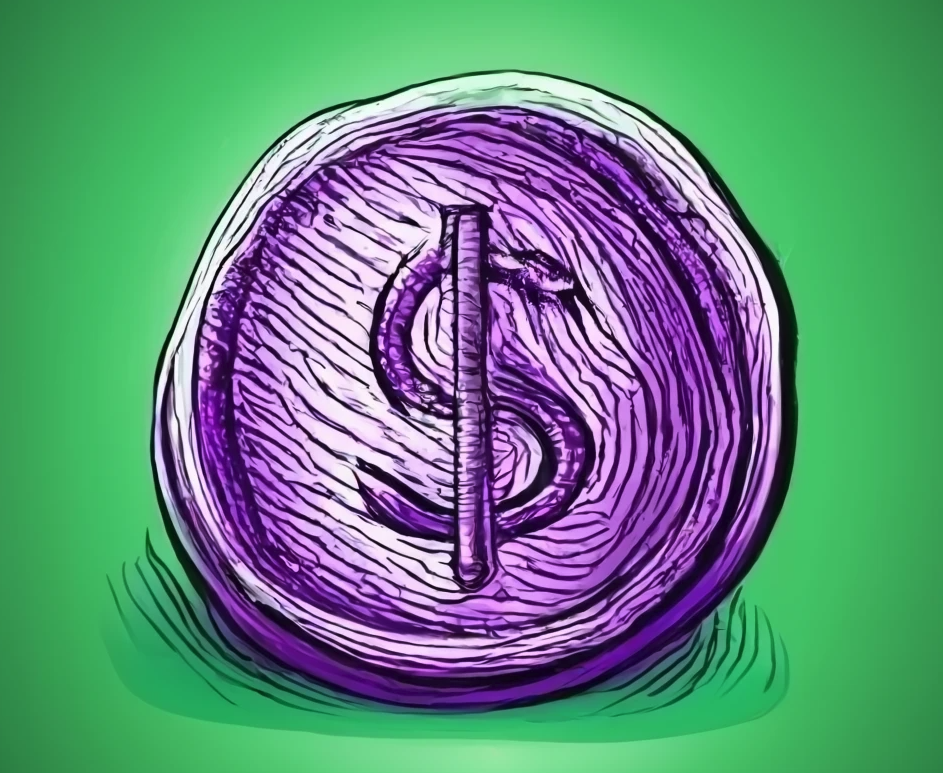Imagine a world where data isn’t just data but its own currency!

In one corner, we have the Central Data Lakehouse – a singular, powerful entity holding the reins of the global data economy. On the other side is a decentralized network of data points.
Who should hold the power in our data-driven world?
Two models. One question: Who should hold the power in our data-driven world? The debate between a central data lakehouse with a singular owner versus controlled decentralized data access is intensifying in the realm of global supply chains.
The centralized approach offers simplicity and order but risks creating a monopoly that stifles innovation and equity.
We have the allure of a centralized powerhouse, where one entity or a few entities reign supreme, turning data into gold. It’s the gatekeeper, the one owner making all the money from the data. Efficiency and control are bundled neatly into one package.
It’s the gatekeeper, the one owner making all the money from the data.
Centralization promises efficiency and simplicity. One owner, one rulebook, one streamlined process. Yet, in a landscape where data is king, monopolizing this resource could suppress innovation and concentrate power in the hands of a select few.
On the other side is the era of decentralization, a mosaic of data ownership. In this scenario, each node in the supply chain is a custodian of its information, a decentralized network of data points. It’s a vision of democratization, where each participant, no matter how small, has sovereignty over their data, their slice of the data pie, and the potential to monetize it. They control it. They profit from it.
It’s a world brimming with opportunities, collaboration, and innovation.
This isn’t just about fairness; it’s about unlocking a treasure trove of insights and opportunities previously buried in silos. It’s a world brimming with opportunities, collaboration, and innovation. But it’s also a world that demands trust and transparency as we’ve never seen before.
A decentralized system promises empowerment and opportunities for all but comes with challenges. Decentralization demands robust technology, unshakeable trust, security, and a new collaborative playbook.
A world that demands trust and transparency as we’ve never seen before.
As we stand at this crossroads, the future of our global supply chains hangs in the balance.